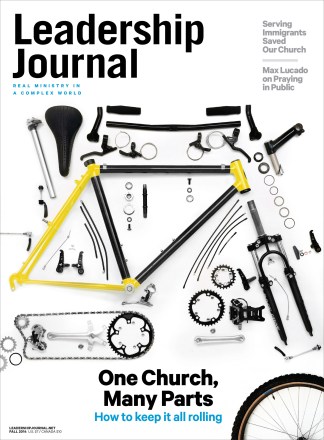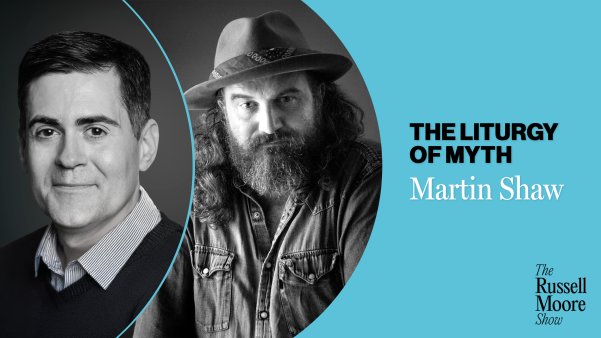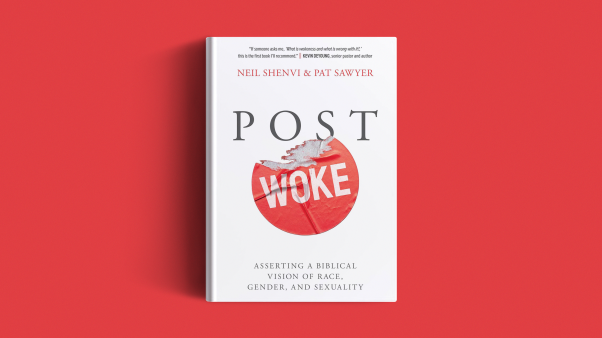In The Rise of the Nones: Understanding and Reaching the Religiously Unaffiliated (Baker, 2014), pastor James Emery White tackles a growing problem: the increasing number of people who, when asked which religion they practice, check the box marked “none.” In 1990 8.1 percent of Americans claimed no religion. By 2012 it had risen to 19.3 percent.
White begins by mining recent research to sketch a picture of the nones: where they came from, what they believe, and why they won’t be returning to church anytime soon. The profile of the average none may surprise you. These aren’t staunch atheists. White describes them as more disinterested than disbelieving. They don’t think much about religion one way or another, and many still pray and believe in God. They don’t necessarily mistrust religion; they just don’t want to be a part of one. White’s interest goes far beyond sociological curiosity. He wants to equip ministry leaders to reach the nones more effectively.
White starts the second half of the book with fire in his gut. He sweeps all the reports and documents off the table and leans forward in his chair, ready for a heart-to-heart with the reader. Over the next several chapters, he voices his anxiety over the current missional structure of the church (or, in many cases, the lack thereof). He’s tired of member-swapping growth and has a number of suggestions for churches who want to reach out to the nones and see true conversion growth.
They don’t necessarily mistrust religion; they just don’t want to be part of one.
Most of White’s recommendations won’t surprise you. Revivals and altar calls should give way to a strategy of finding common causes with the religiously unaffiliated. Churchgoers cannot forget the importance of ideas, but in a world where popular opinion is esteemed over objective truth, nones are more concerned with questions of significance and meaning.
Such reminders are important in our changing cultural landscape. And as the pastor of Mecklenburg Community Church, a megachurch devoted to reaching the unreached, White is more than qualified to speak on them. His passion and experience bring abstract concepts to the ground. Not once did I find myself wondering how White’s suggestions might be implemented in an actual church setting.
White recognizes that traditional seeker-sensitive approaches to ministry are ineffective when it comes to reaching the nones, but not for the reasons you might expect. No cultural puzzles to solve—the reason is simple. Seeker-sensitive models won’t work on nones because nones aren’t seekers. “This approach [seeker-sensitive] may have worked back in the 1980s and ’90s,” White writes, “but that was because the typical unchurched person was a baby boomer who had been raised in a church and was just starting to have kids. … They actually wanted to find a church.” Not so with the nones.
I found it a bit odd that White included an entire chapter highlighting the importance of contemporary music, quality children’s ministry, coffee shops, and theater seating—all hallmarks of a seeker-sensitive approach. Perhaps for a megachurch pastor, seeker-sensitive habits die hard.
The spiritual-but-not-religious crowd signifies a crisis for the institutional church. Many in this group cry, “We want faith without the institution!” Impossible, says White. “The church is not simply in the vanguard of kingdom advance, it is the entire assault force.” And he hopes that by retraining this assault force, he can use the very institution the nones reject to show them the power and love of Christ’s gospel.—Kyle Rohane
Copyright © 2014 by the author or Christianity Today/Leadership Journal.Click here for reprint information on Leadership Journal.









